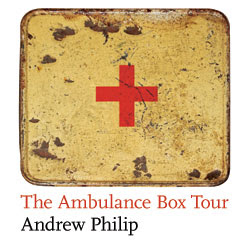
Technically, I've let the 250th anniversary of
Robert Burns's birth pass without comment, but I could hardly let it pass without mention, even if a touch belated. I'm not going to regail you with an online immortal memory; I'll simply point you in the direction of one of my favourite pieces of Burns.
I love "A Poet's Welcome to His Love-Begotten Daughter" -- or, in its unbowdlerised title, "He Welcomes his Bastart Wean" -- for a number of reasons. First off, its mixter-maxter of swagger and sweet tenderness. So typically Burns. He can't resist thumbing his nose at convention even as he's expressing how fatherhood has bowled him over.
Secondly, it demonstrates the flexibility of the Standard Habbie (better known, but less accurately so, as the Burns stanza). It's tempting to think of that form as fit only for the satirical and comic poems that Burns so excelled in. After all, it's the stanza of "Holy Willie's Prayer" and "To a Haggis". But, in this poem, it proves itself equal to the task of containing and shaping the conjoined tenderness and bravado. And there's some great rhyming.
Thirdly, giving this as my favourite piece of Burns in a BBC Radio Scotland competition won me a copy of the Linn complete Burns songs recordings! A fantastic set of discs.
At the link above, there's a good reading of it, taken from the BBC's project to record, gradually, all Burns's poems and songs. I'd have wished John Gordon Sinclair to read "faither" instead of "father", but he hits the nail on the head when he uses the fricative in "unsought for", "fought for" and "unwrought for", rightly taking his lead from "dochter".
------------------------
Another Burns link, but less striclty Bardic: The Falkirk Antonine Friendship Link will be holding their 2nd Burns Supper on Fri Jan 30th at 7.30 pm, in the Christian Centre, Glebe St, Falkirk - with apropriate music and food. This year's speaker will be Gene Stolzfus, founder and Director Emeritus of Christian Peacemaker Teams. CPT maintain trained Violence Reduction Teams in several parts of the World, including the Hebron area and Iraq (where four of a delegation were held hostage two years ago, and Islamic Peacemakers were established). Gene had been asked to talk about "A Casestudy in Peacemaking: Iraq", but also to refer to Israel/Palestine - no doubt this will include Gaza. Admission by donation, all are welcome.


.jpg)





